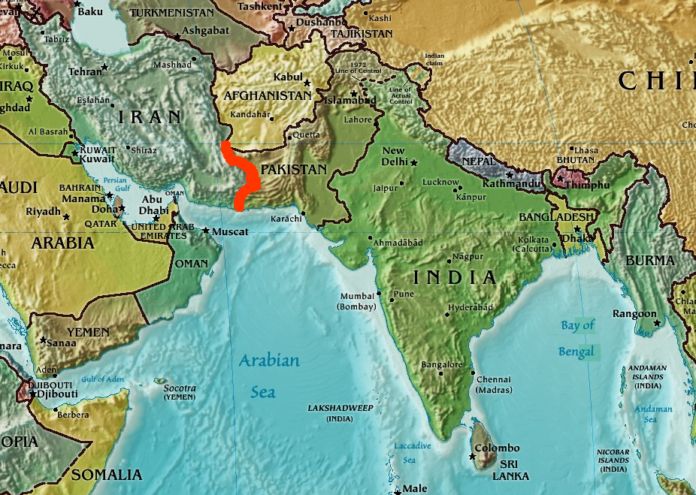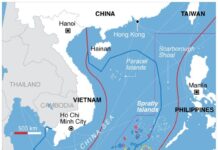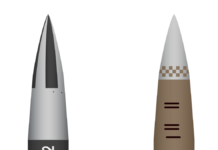Over the past 48 hours, a significant escalation in hostilities has occurred between Iran and Pakistan, marked by a series of military strikes. The conflict began when Iran executed air raids on targets near Panjgur in Pakistan’s southwestern Balochistan province, using drones and missiles. These targets were associated with Jaish al-Adl, a group accused by Tehran of multiple attacks. Unfortunately, this attack resulted in the death of two children and left three others injured, leading Pakistan to condemn the act as a violation of its sovereignty and as unacceptable.
In retaliation, Pakistan initiated missile strikes against Iranian territory, particularly focusing on Iran’s southeastern Sistan-Baluchestan province. These strikes reportedly led to the deaths of nine people, including three women, two men, and four children. The Pakistani government described its actions as a response to threats posed by terrorist hideouts in Iran and mentioned that the strikes were part of Operation Marg Bar Sarmachar, undertaken based on credible intelligence of potential large-scale terrorist activities.
The underlying issues in this conflict are deeply entrenched in the regional dynamics. Both Iran and Pakistan have been struggling with insurgent groups in their respective Balochistan provinces, where groups like the Baloch Liberation Army and the Baloch Liberation Front have been seeking greater autonomy for years. The recent military exchanges are indicative of both countries’ ongoing struggles to maintain control and stability in these volatile regions.
The international community has shown concern over these developments. The United States condemned Iran’s initial air raids on Pakistan. China, an ally of both nations, has expressed a willingness to mediate between the two countries to prevent further escalation of the situation. China’s stance underscores the necessity for calm and restraint in the face of rising tensions.
Complicating the matter further, these military actions took place around the time of high-level diplomatic engagements. Just before the Iranian strike, Pakistan’s interim Prime Minister Anwaar-ul-Haq Kakar had met with Iran’s Foreign Minister in Switzerland at the World Economic Forum. In the aftermath of the strikes, Pakistan took diplomatic measures against Iran, including the recall of its envoy and barring the Iranian ambassador to Islamabad from returning.
This series of events highlights the intricate and often tense nature of international relations in South Asia and the Middle East. The decisions made by Iran and Pakistan carry significant implications not only for their bilateral ties but also for regional peace and stability. The role of international actors and regional powers in navigating and potentially resolving these tensions will be critical in the coming days.
Image is licensed under the Creative Commons Attribution-Share Alike 3.0 Unported license and was created by Gryllida.










